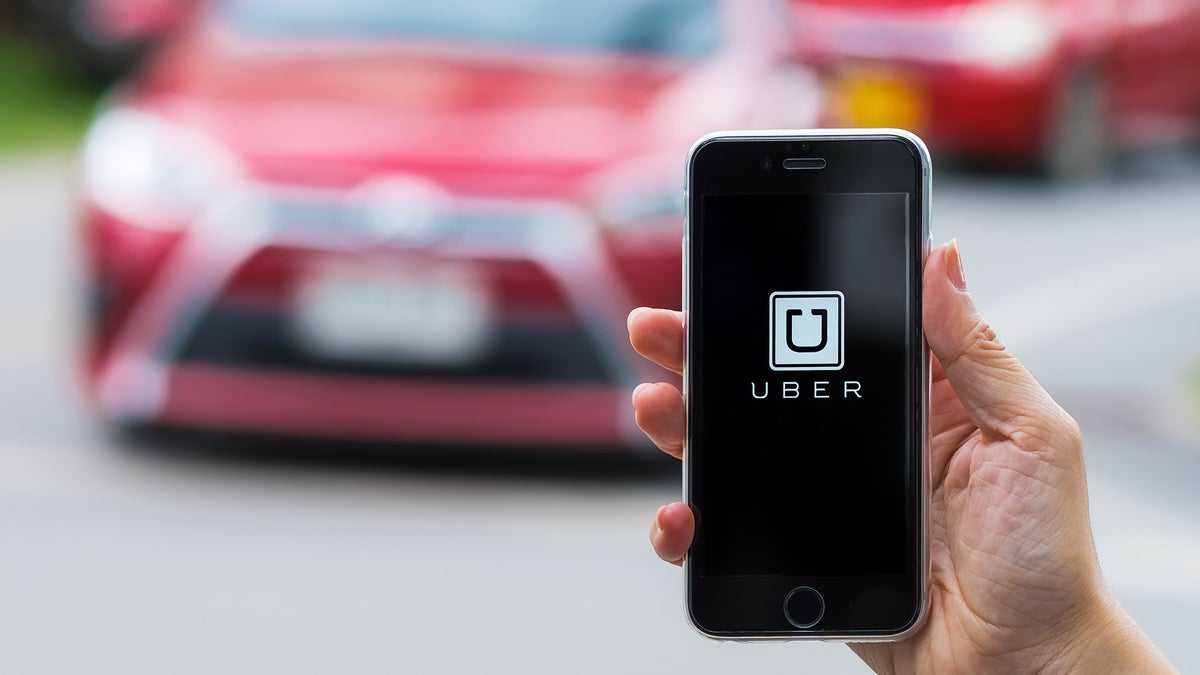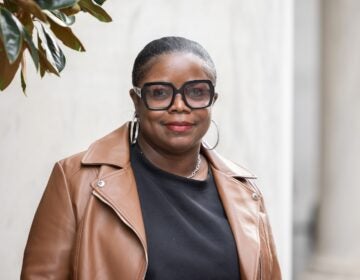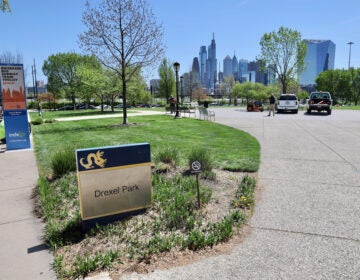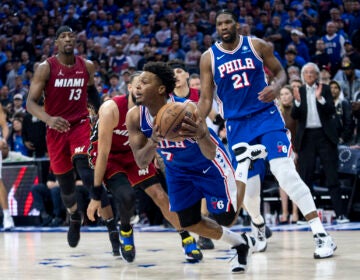Court reverses order halting Uber’s Philly operations, but rides still illegal in city [updated]

(Jirapong Manustrong/Bigstock)
An appeals court on Friday delivered a win to Uber, shooting down a cease-and-desist order against the ride-hailing company that was issued a day before.
Still, Uber’s legal footing remains less than solid.
“Uber celebrates riders and drivers staying on the road in Philadelphia, but the Commonwealth still needs permanent ridesharing legislation from the General Assembly,” said Uber spokesman Craig Ewer in a statement.
“If Harrisburg does not act in the next two weeks, hundreds of thousands of Pennsylvanians could again lose access to affordable transportation and meaningful income opportunities.”
The appeals court decision follows a suit filed Friday by Uber taking issue with a trial judge’s order demanding that Uber shut down completely in Philadelphia since no state law regulates ride-hailing services Uber and Lyft, making rides from the two companies technically illegal.
Lawmakers in Harrisburg have pledged to pass legislation in the coming weeks that would make Lyft and Uber beyond reproach, though they have promised that before and failed to act.
Uber is calling on its wide network of users to write their lawmakers, encouraging them to pass the legislation.
Earlier on Friday, attorneys for Uber asked the Commonwealth Court to toss Judge Linda Carptenter’s order because they claim she went beyond her authority in issuing it.
Carpenter’s order arose from a suit filed by taxi union leader Ronald Blount against the PPA, saying the taxi regulators were giving Uber preferential treatment by not going after them diligently enough for ignoring the rules and regulations that apply to taxicabs.
But Uber itself was never a party in the lawsuit, thus the company’s due-process rights were violated by the order, wrote attorney Carolyn Short, who is representing Uber.
Uber does not have to follow taxi regulations, Short wrote, because Uber is not a taxi company.
As such, Carpenter writing in her order that Uber not abiding by the Americans with Disabilities Act is violating the civil rights of those with disabilities is problematic. First, Short questioned whether the ADA should apply to Uber at all since it is a “software application to pair riders with driver-partners,” not a taxi service. Secondly, Uber has launched a pilot program to allow riders to request a wheelchair-accessible car.
Importantly, Short wrote, Matt Clark, a member of Fair Ride Philly Coalition that has pushed more UberX cars to be wheelchair accessible, is not a plaintiff in the amended complaint. Clark was named as a plaintiff in the original suit filed without a lawyer, but Clark was removed from the lawsuit refiled by attorney Ted Millstein. And so, Short argues that the relief that Carpenter granted for ADA violations was not asked for by any party.
“Put simply, the court decided to shut down UberX despite having no basis for doing so — not even the bare minimal necessity of having Uber as a party before it,” Short wrote.
Crackdown still in the works
The PPA is still planning to crack down on Uber, which could include fining drivers $1,000 for operating illegally and impounding drivers’ car — measures the regulators have taken, though sparingly, since Uber arrived in Philadelphia in 2014.
But the company can no longer be found in contempt of court for doing business in Philadelphia, a consequence that was on the table before the appeals court nixed Carpenter’s order.
Many passengers read about all the legal scuffling and wonder how it will affect their Uber requests. The short answer, according to Uber, is not at all.
Uber says its estimated 10,000 drivers in the Philadelphia area can still pick up passengers, because it believes it’s not an illegal “hack” company, as the PPA has alleged, but rather that it is so unique a company that the laws have just not kept up.
“This situation makes it clear that Harrisburg needs to act; Pennsylvania must have permanent, statewide ridesharing legislation as soon as possible,” stated Ewer.
Before the hearing on Thursday, Blount and the PPA asked the court to delay the hearing, since some of the very same questions raised by the suit over Uber’s legal status were moving forward in federal court. The federal suit was filed by 45 taxi companies including Checker Cab Philadelphia. But Carpenter denied the move to wait and see what happens in federal court.
Short wrote that Blount’s suit is “substantially similar to the federal court complaint,” and waiting to see what happens in the federal matter would have avoided “a waste of judicial resources.”
Nonetheless, the hearing was held on Thursday, and this lawsuit appealing to the Commonwealth Court was the result of the ensuing cease-and-desist order. But it barely lasted 24 hours.
“After today’s victory in Commonwealth Court,” Ewer said. “Uber is no longer subject to Judge Carpenter’s cease and desist order.”
WHYY is your source for fact-based, in-depth journalism and information. As a nonprofit organization, we rely on financial support from readers like you. Please give today.




